Just finished reading: Lincoln
It seemed unbalanced that I’d doodled my way through two books about president-for-a-month William Henry Harrison and none about Lincoln. ( I read about Lincoln long before I began keeping presidential sketchbooks.)
Well, I finally finished reading Lincoln by David Herbert Donald. This book has been on my shelf waiting for me for two years.
I’ve been on a really good run lately — every book I’ve read (fiction and non-fiction) has been captivating. It was bound to end sometime, right?
This one was a slog for me. Partially because I let it go on too long, since I was busy prepping for a presentation. Partially because of the way the author approached the book — through Lincoln’s papers. It sounds like an interesting concept, but I got bogged down in details of legal cases that couldn’t keep my interest. (He quoted JFK, who didn’t like polls ranking the president because “no one has a right to grade a president — not even poor James Buchanan — who has not sat in his chair, examined the mail and information that came across his desk and learned why he made decisions.” Great point, right?)
This book was written three decades ago and there were some very dated references that soured me to this book as well. Also probably didn’t help that we seem to be in a backward slide. Rather than reading this from a “hey look how misguided these old-timey people were!” and celebrating how far we’ve come, instead I’m deflated.
That didn’t stop me from animating the heck out of some sideburns though, so keep scrolling!
Flip through my sketchbook.
Then scroll through more doodles. As always, my doodles don’t highlight the most important parts of the book. Just the stuff that jumped out to me.
Naked shin bones and self-confidence
Multiple references to his pants being too short were peppered throughout the book, which is weird because at some point he had a tailor. And money. In any case, I’d never thought of Lincoln has being overly confident, perhaps because of his self-deprecating humor. Perhaps because it wasn’t “overly” but justified confidence…?
Often very hungry during the Black Hawk War
… and suffered through “many bloody struggles with musquetoes”.
(His spelling, not mine.)
Women should vote LOL! JK!
Abe made a little joke when he declared he wanted to admit “all whites to the right of suffrage, who pay taxes or bear arms by no means excluding females.” It’s funny because women in Illinois back then couldn’t bear arms or pay taxes.
The stuff he kept in his hat
He used his hat as “his desk and his memorandum book,” according to his law partner. Not a great system, as you can imagine. They lost a lot of stuff.
Before he practiced law, he served as village postmaster. If people didn’t come to the post office to get their mail, he’d stick it in his hat and deliver it himself.
Lincoln almost got into a duel
… with James Shields, who happened to be a military man and an expert shot. Lincoln picked broadswords as the weapon. He had some experience. Not only that, but he had long arms and was a half foot taller, both of which were advantages.
While Lincoln didn’t want to hurt Shields, he was prepared to “split him from the crown of his head to the end of his backbone” should the situation require it.
They could be sentenced to one to five years in Illinois for dueling. But in Missouri, that wasn’t an issue. Like Humphrey Marshall and Henry Clay, they planned to just cross the state line and take care of business.
Mary & Abe
On his wedding day, Lincoln apparently “looked and acted as if he were going to the slaughter”. Asked where he was headed, he answered “to Hell, I suppose.”
A couple of things rubbed me the wrong way on this spread:
Mary grew up with “liveried Black servants”… which is a very interesting way to say her family enslaved people. And at least some of those people wore uniforms.
Mary was “highly emotional,” a descriptor not used for the two grown men who nearly crossed state lines to kill each other because one of them got their feelings hurt.
Abe was average height. If sitting down.
According to his law partner William H. Herndon: “In sitting down … he was no taller than ordinary men from the chair to the crown of his head. A marble placed on his knee thus sitting would roll hip-ward, down an inclined plane… “
I should also mention that Abe Lincoln bowled. Unexpected, right?
Illinois is about seven times larger than Massachusetts
My doodle is wildly inaccurate, but that’s not really the point. Reading some of his quotes today, they were a bit cringy:
“The people of Illinois agree entirely with the people of Massachusetts on the subject, except perhaps they did not keep so constantly thinking about it.”
and
Whigs and free-soilers “agreed that slavery was evil, but that we are not responsible for it and cannot affect it in the states of this union where we do not live.”
It was annoying to share an office with Lincoln
He was sloppy, took up a tremendous amount of space, and read aloud. He also let his kids run amok. Law partner Herndon said of the kids:
“Had they shit in Lincoln’s hat and rubbed it on his boots, he would have laughed and thought it smart. I felt many and many a time that I wanted to wring their little necks but out of respect for Lincoln I kept my mouth shut.” The boys would “take down the books — empty ash buckets — coal ashes — ink stands — papers — gold pens— letters, etc. etc.; in a pile and then they would dance on the pile. Lincoln would say nothing, so abstracted was he and blinded to his children’s faults.”
I was delighted that this book (indirectly!) finally nudged me to do something about photographer George Rockwood!
A client once balked about a bill
Lincoln invoiced Illinois Central Railroad $2,000. They gasped, “This is as much as Daniel Webster himself would have charged. We cannot allow such a claim.”
Lincoln asked around. And then sent a revised invoice for $5,000. When they didn’t pay, he sued them. And won. And they continued working together happily ever after.
Re: slavery as a “positive good”
“Although volume upon volume is written to prove slavery a very good thing, we never hear of the man who wishes to take the good of it, by being a slave himself.”
On the Know Nothing platform (basically “all men are created equal, except Negroes, and foreigners, and Catholics”), Lincoln wrote to Joshua Speed: “I should prefer emigrating to some country where they make no pretense of loving liberty — to Russia, for instance, where despotism can be taken pure, without the base alloy of hypocrisy.”
Oh, look. I spelled “hypocrisy” wrong in my doodle.
Arkansas toothpicks and Quaker guns
An “Arkansas toothpick” is a dagger and a “Quaker gun” is a log painted to look like a cannon. I came across that latter delightful information when I did an image search trying to see how a log could be painted to look like a cannon.
Cassius Clay pulled together the Clay Guards to protect the capital. He wore three guns and an Arkansas toothpick. Though originally an enslaver, he changed over time. Clay became to be known as “the fiery, unstable Kentucky abolitionist.”
If his name sounds familiar, it may be because it’s the name Muhammad Ali (and his father) were born with… which gives me the perfect segue to mention that that the guy in the Emancipation statue (Archer Alexander) was Ali’s great-great-great grandfather.
West Virginia’s origin story: it’s a little extra
I’m not going to pretend I understand this.
West Virginia came about because a bunch of people wanted to stick with the Union. Apparently, it was “largely extralegal.” Lincoln later said it was “somewhat farcical.” It gave me the opportunity to anthropomorphize a map, so that’s something.
Manly confidence
General Ambrose Burnside was good at his job. You can tell because “even his elaborate side-whiskers gave an impression of manly competence.” So manly! So competent!
But also — was he good at his job? That’s not the point here. The point is, sideburns were named for him! It’s true! When the ‘burns meet the ‘stache, they’re also called “friendly mutton chops”. His muttonchops are shaking hands.
“Notoriously inept”
Despite his notorious ineptitude, Lincoln had to handle Benjamin Butler carefully. General Grant wanted to fire him, but Lincoln protected him knowing he “could cause trouble.”
When asked about a possible Lincoln-Butler ticket, he laughed: only if Abe promised a “bond with sureties, in the full sum of four years’ salary, that he will die or resign within three months after his inauguration.” This made me think of the prayer: “Lord, give me the confidence of a mediocre white man.”
When I looked him up I discovered he had a beef with Ebenezer Rockwood Hoar. Wonder if he’s related to George Rockwood?
Expert cover-ups
At the risk of sounding braggadocious, I managed two impossible coverups:
1 My first attempt at the Venn diagram showing Abe as both a deist and duelist (according to critics) was meh. It’s hiding under Hannibal Hamlin’s dark coat.
I didn’t bother to cover-up that I drew the wrong Prince of Wales.
2 My marker bled through the pages, creating a giant mess. But unlike General McClellan (who Lincoln said had a case of “the slows”), I quickly knew what to do. I covered the mutinous marks up with the otherwise useless McClellan! Huzzah!
This book was a struggle for me. I reread the same sentences over and over again trying to keep my attention and/or decipher the meaning. Finally figured out another reason why — the quotes are worked in awkwardly at times… with things attributed as direct Lincoln quotes, but really other people quoting what Lincoln said using unexpected pronouns.
In any case…
McClellan was something else. He had Allan Pinkerton spying for him — even on Lincoln. Also, it’s insinuated that perhaps McClellan grossly overestimated how large the enemy army was because of Pinkerton’s intel.
McClellan wouldn’t let doctors use the best hospital in town — he was protecting the home of Mrs. Robert E. Lee. Lincoln put a stop to that.
The last time we’d had a two-term president was Jackson
I learned this while reading Booth by Karen Joy Fowler. It blew my mind. This made people very uneasy. Including John Wilkes Booth. (See more doodles here.)
Charles I
Robert Hunter, Confederate Secretary of State, pressured Lincoln to negotiate while fighting was still underway, suggesting it was good enough for Charles I of England. Lincoln answered “I do not profess to be posted in history. On all such matters I turn you over to Seward. All I distinctly remember about the case of Charles I, is, that he lost his head in the end.”
Kindness and cordiality
In an effort to wrap this book up and move on to something that’s not this book… I kinda skipped over loads of stuff. I’ll close out with a quote from Sojourner Truth, who said she was “never treated by anyone with more kindness and cordiality” than by Lincoln. She was glad he signed her autograph book “with the same hand that signed the death-warrant of slavery.”
Here are more people connected to the Civil War, in no particular order (and not necessarily referenced in this book):

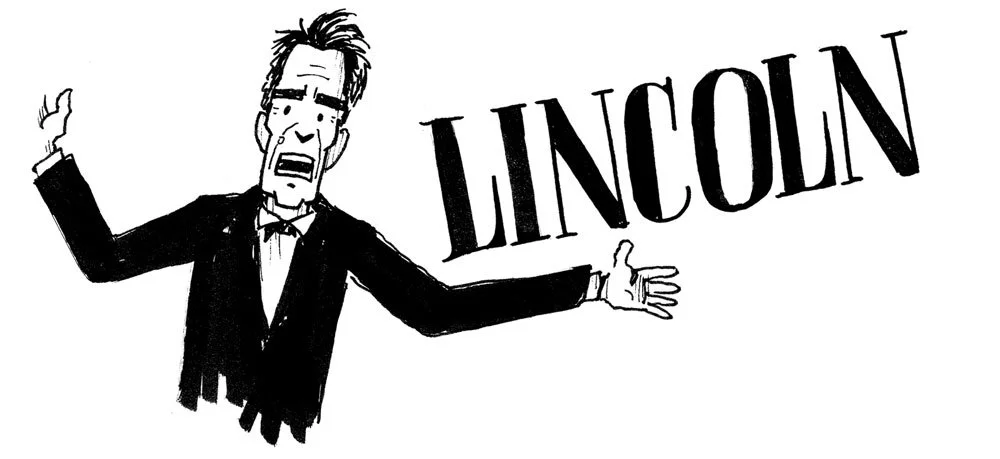








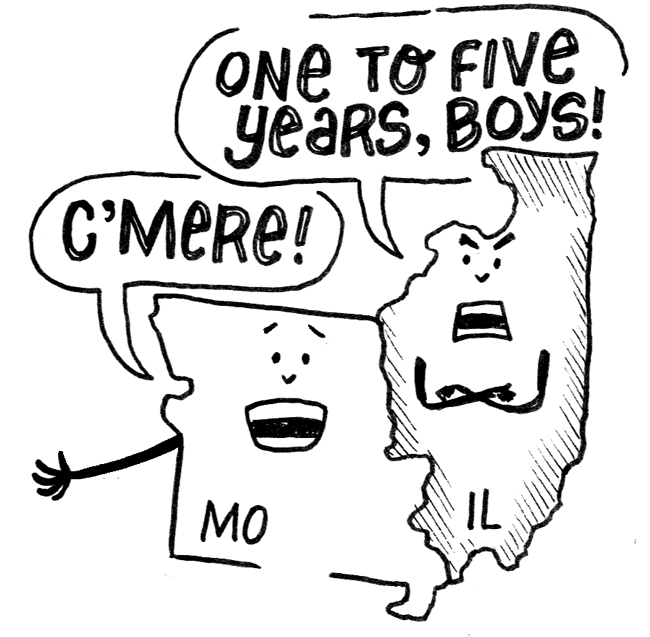


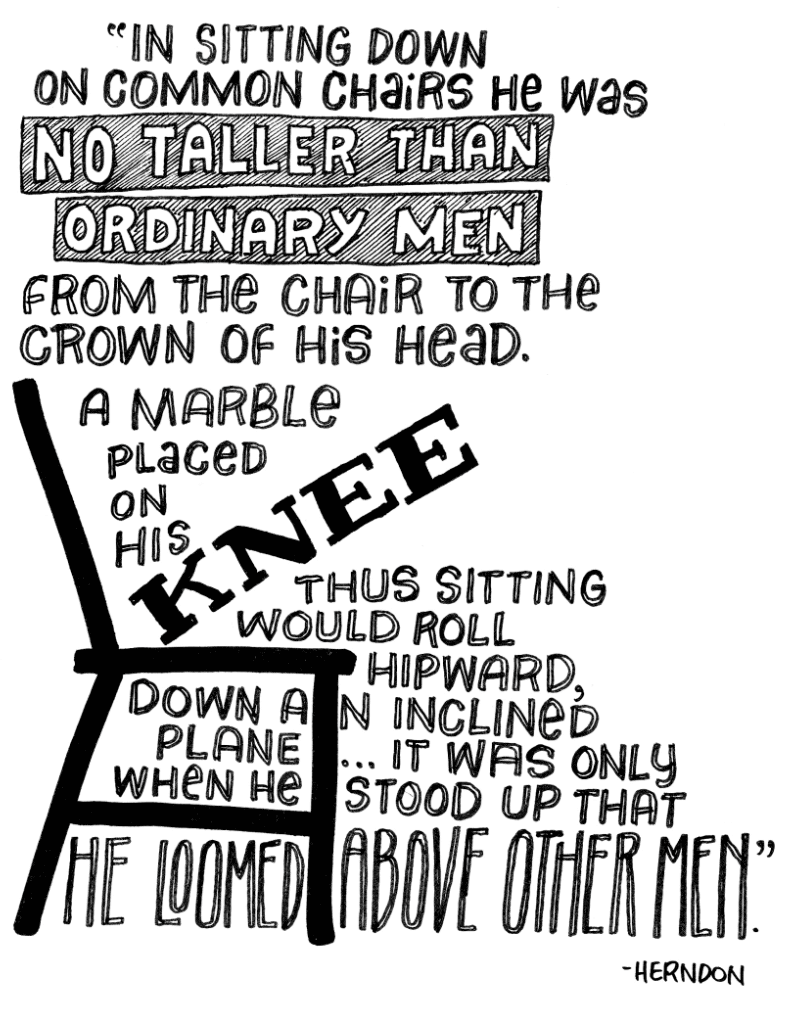




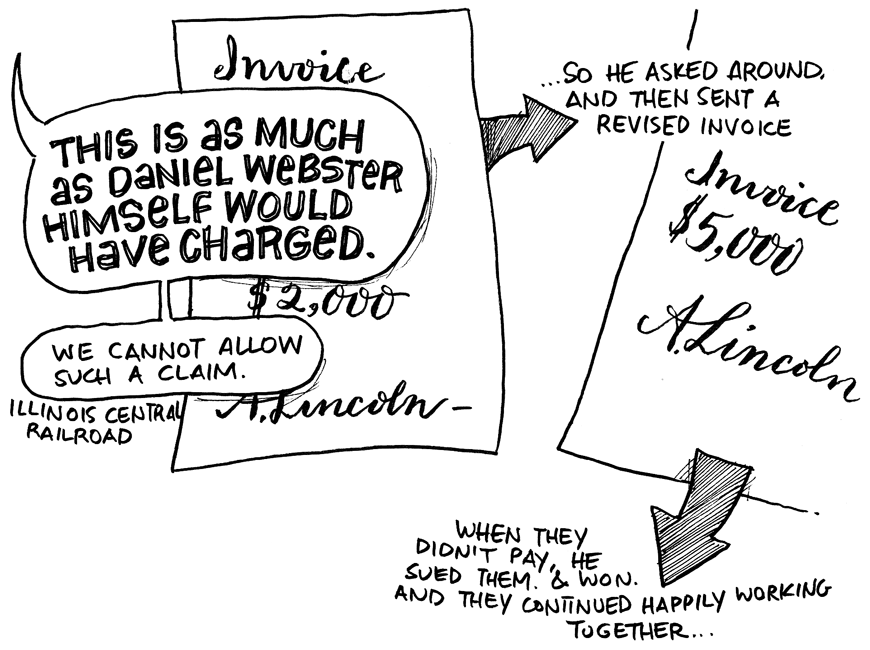

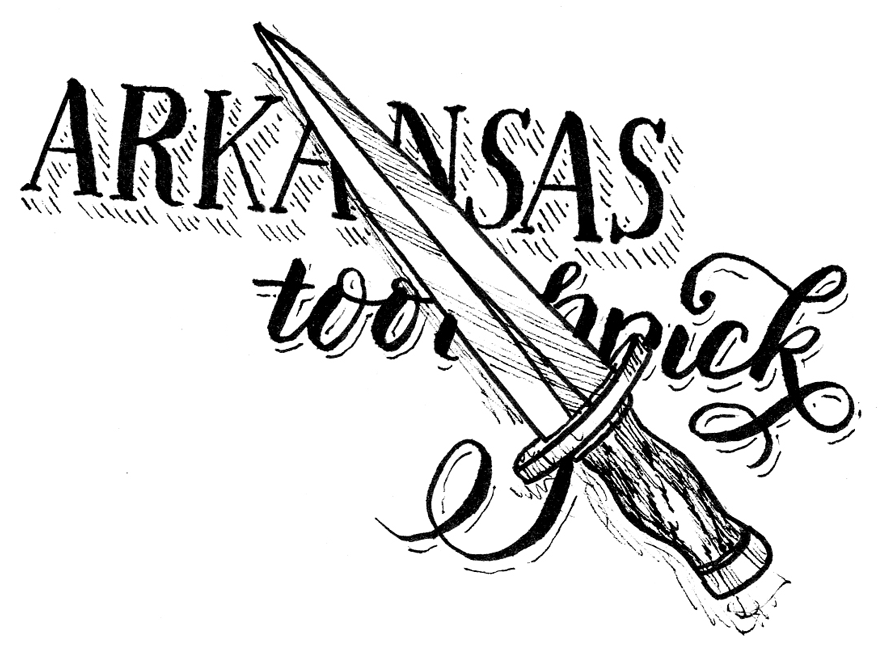





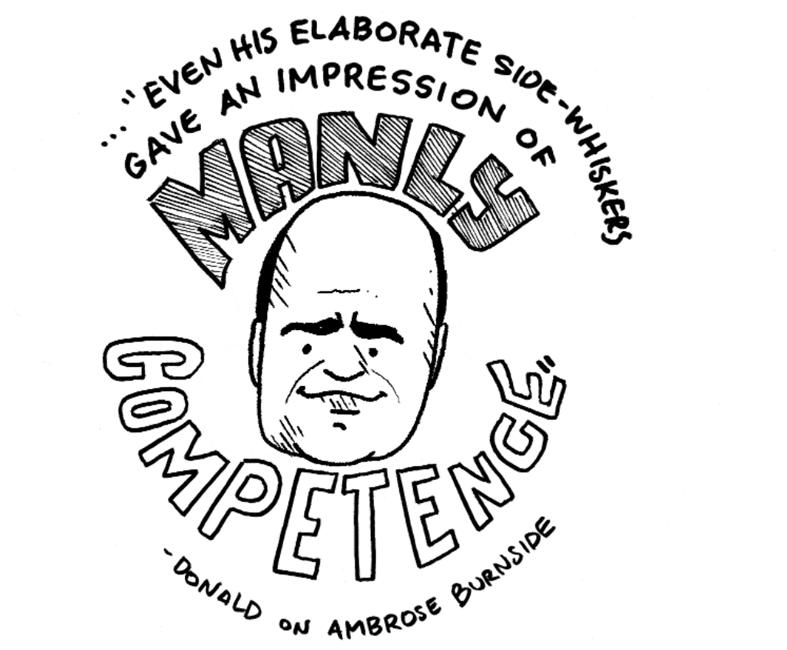





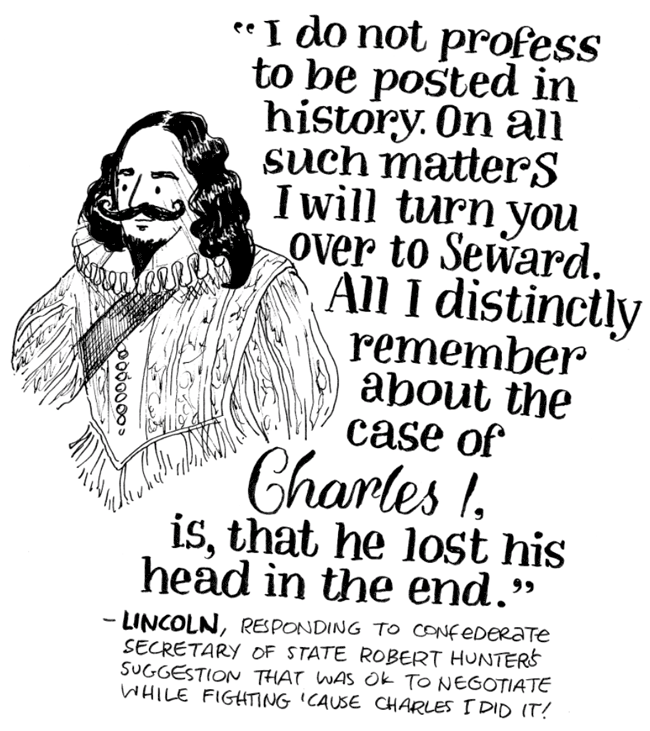




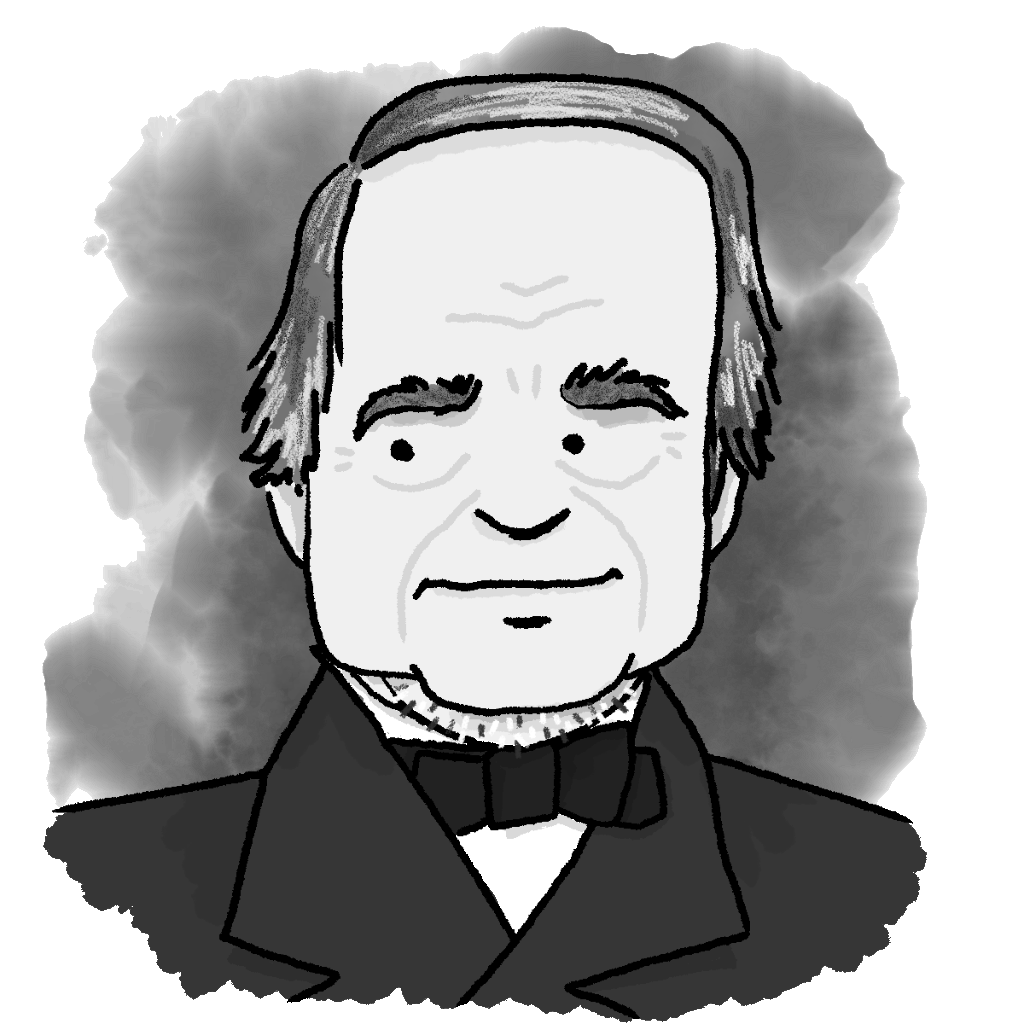
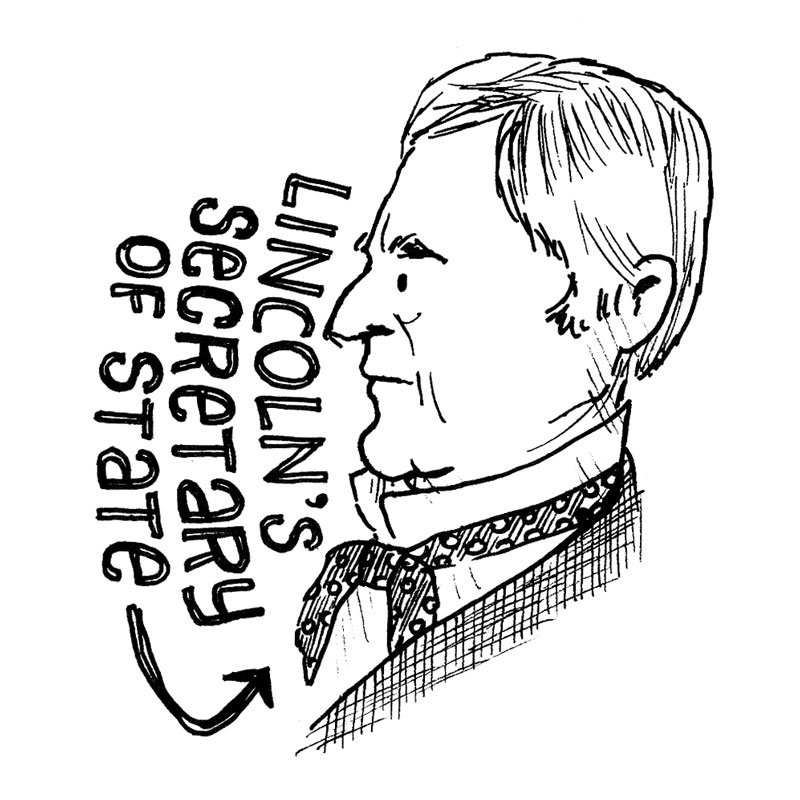

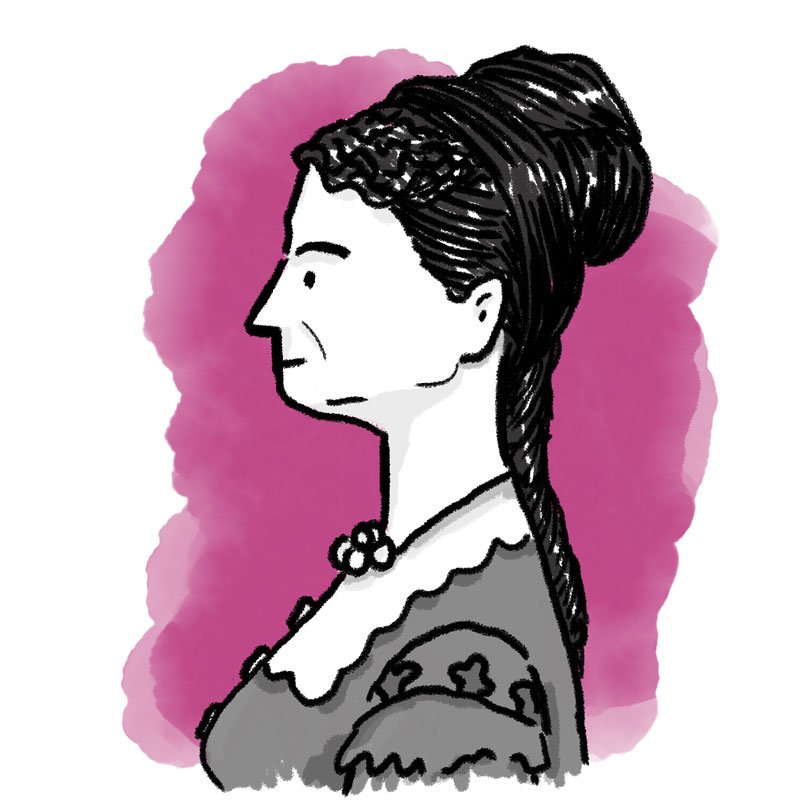



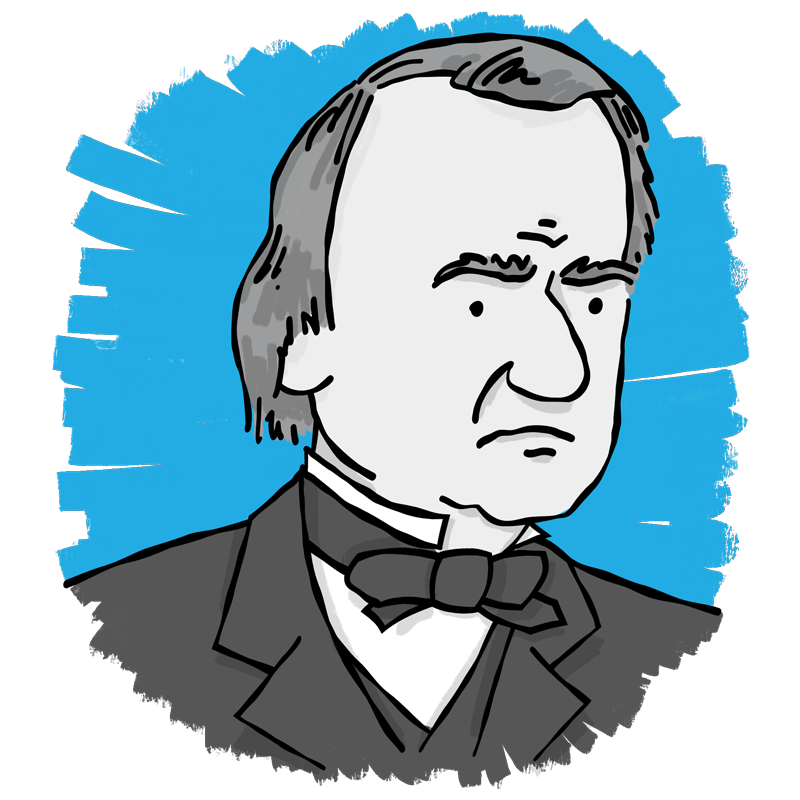


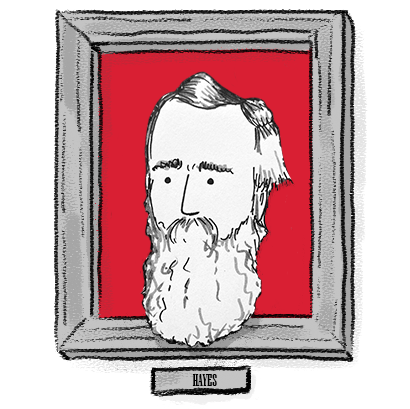
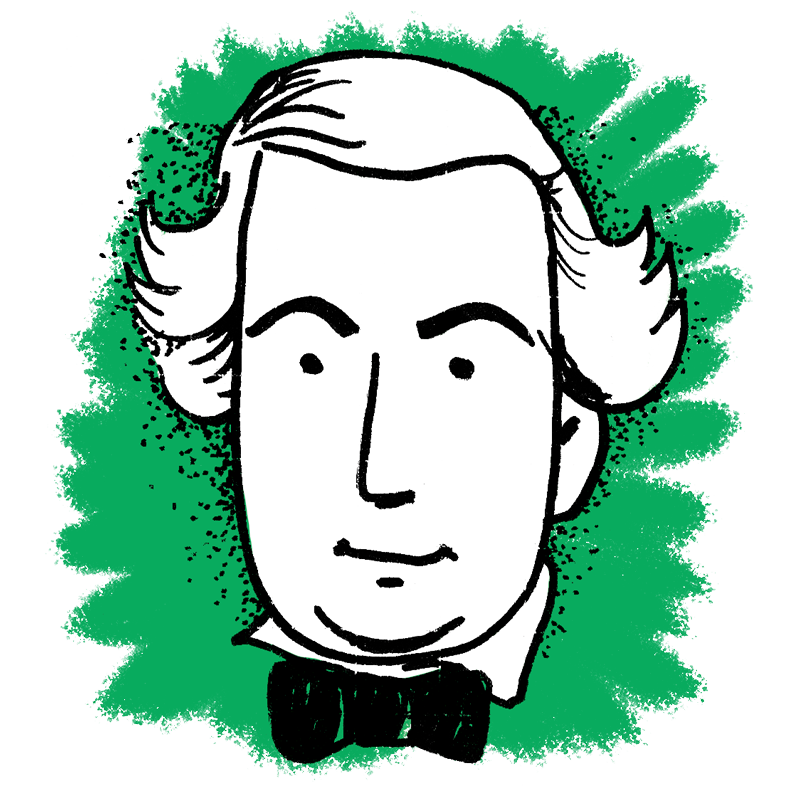
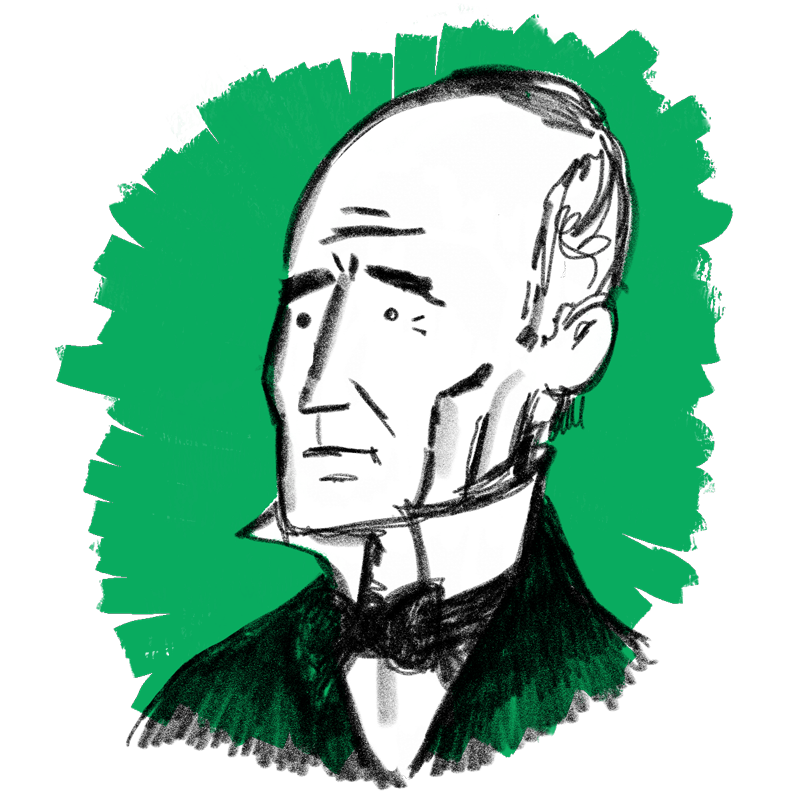

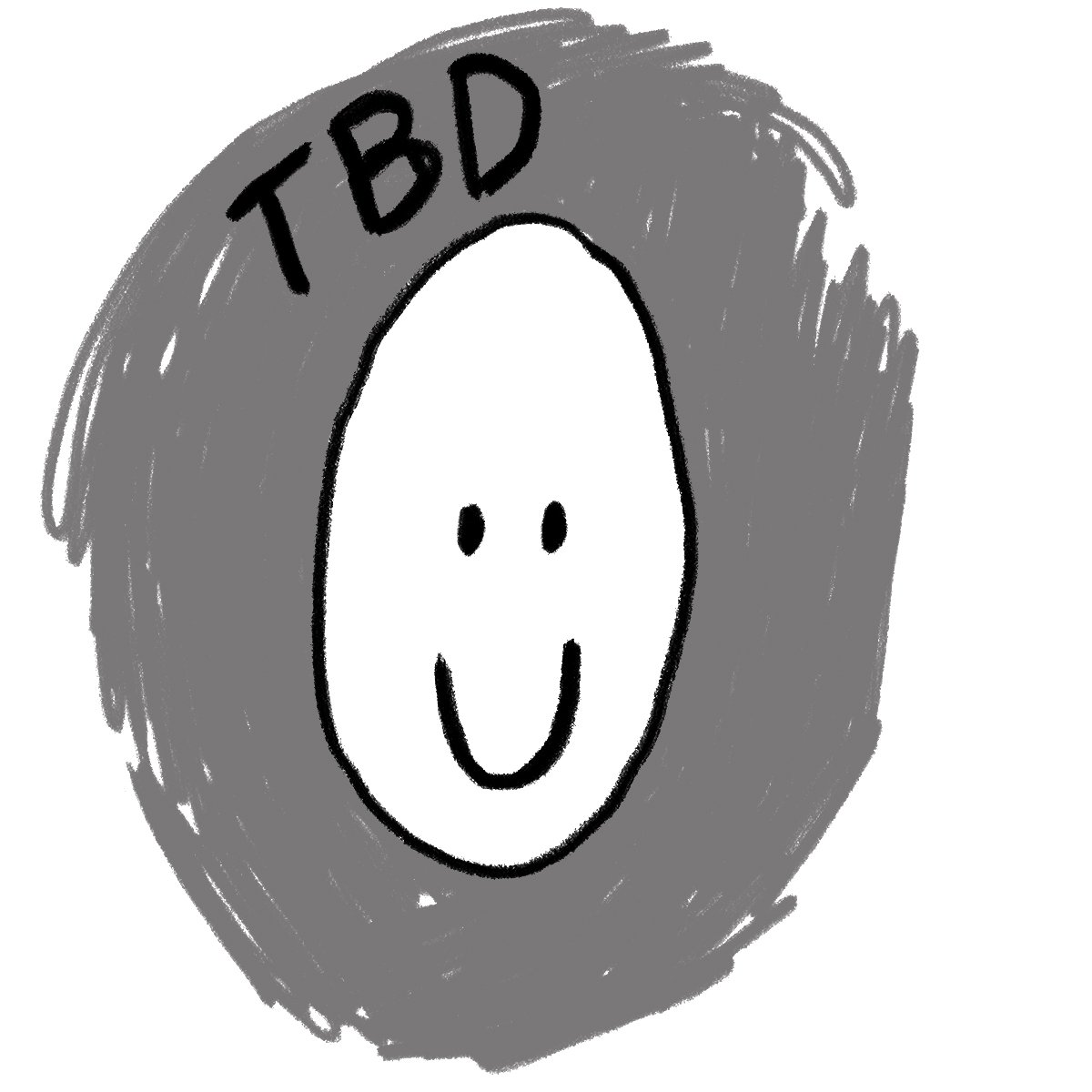


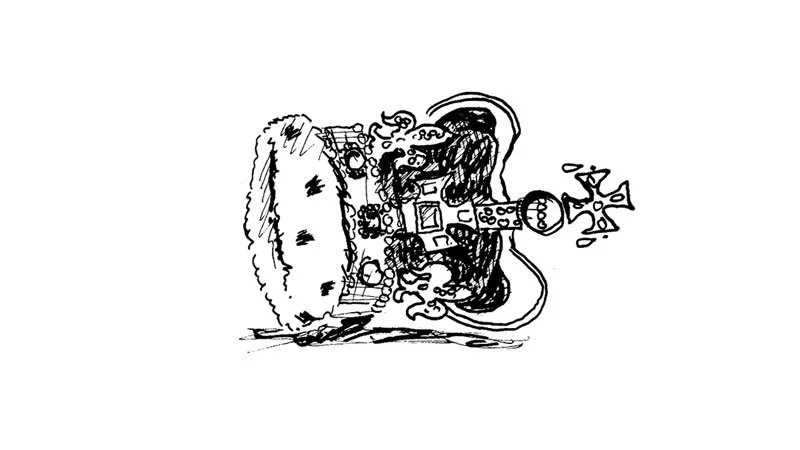
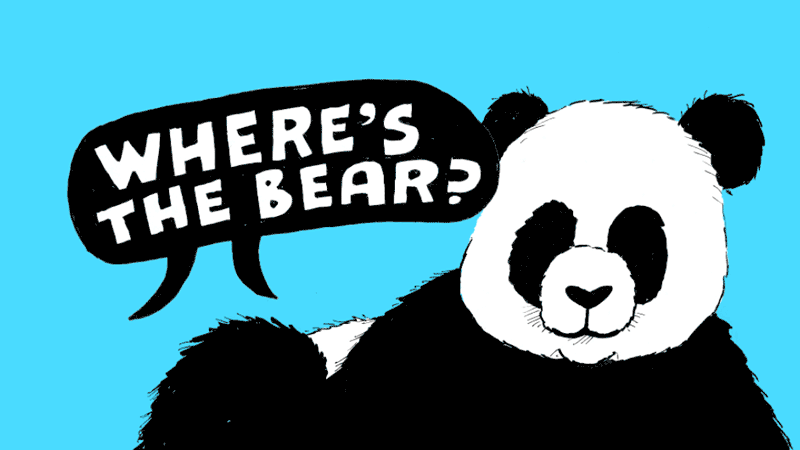



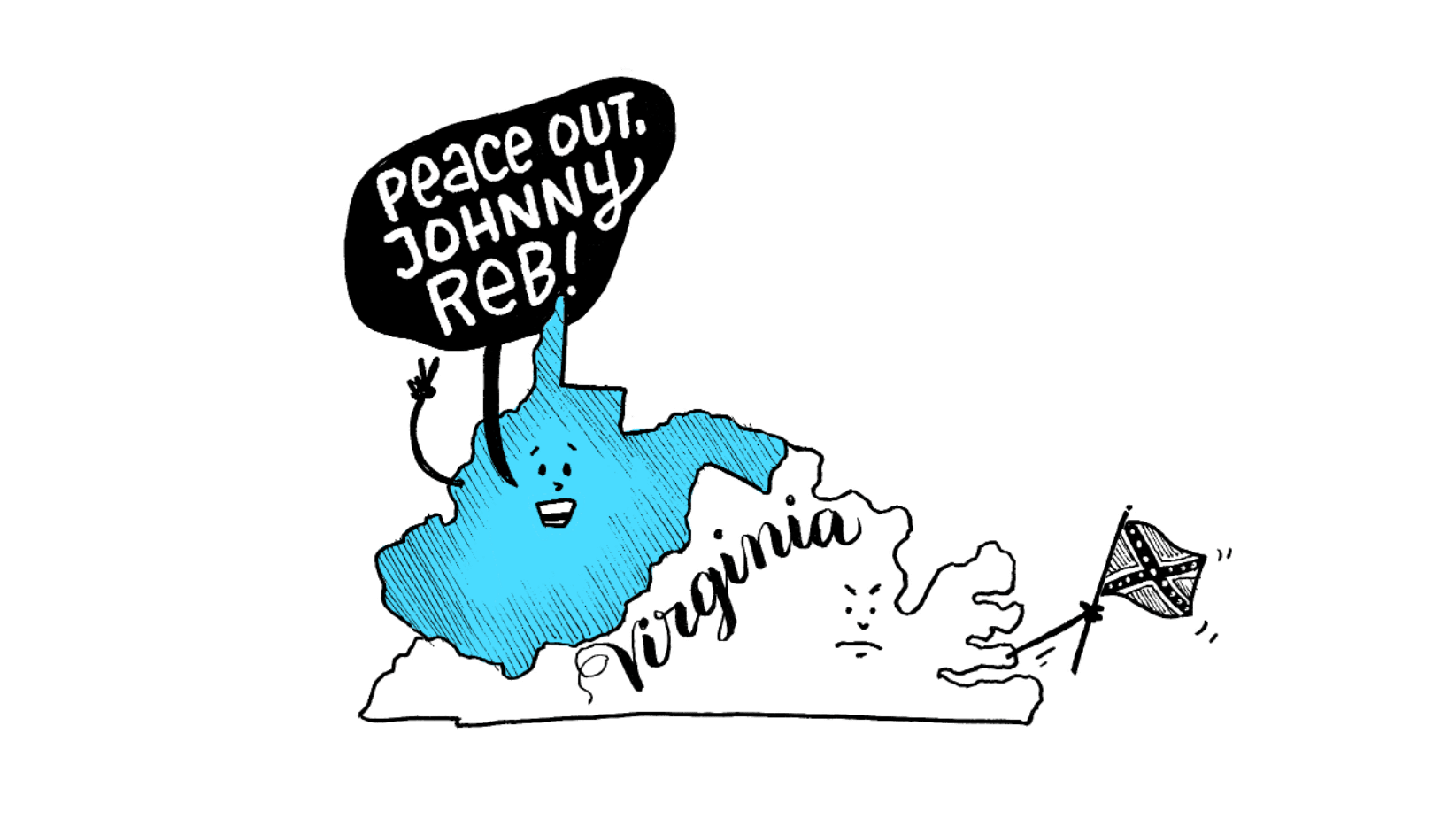
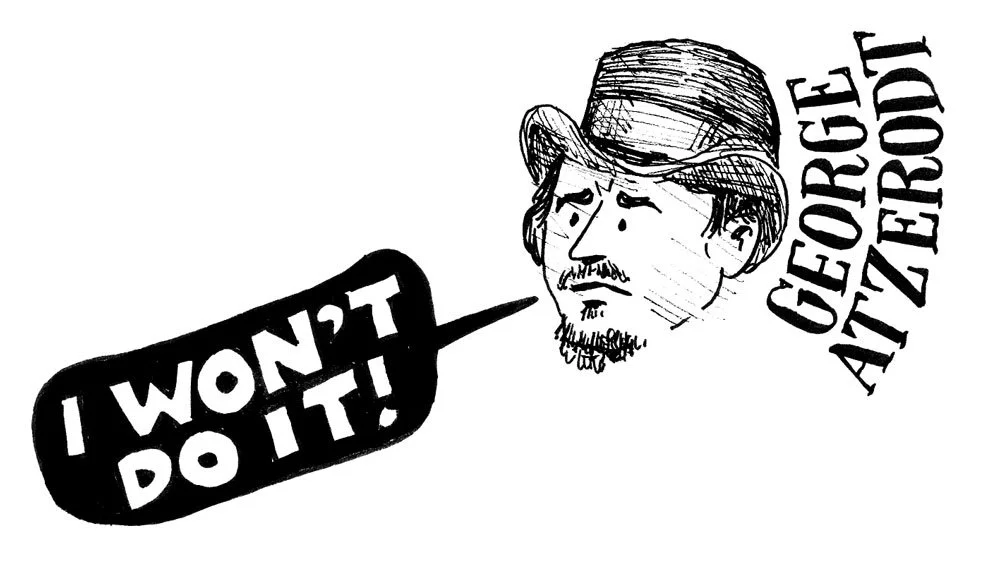
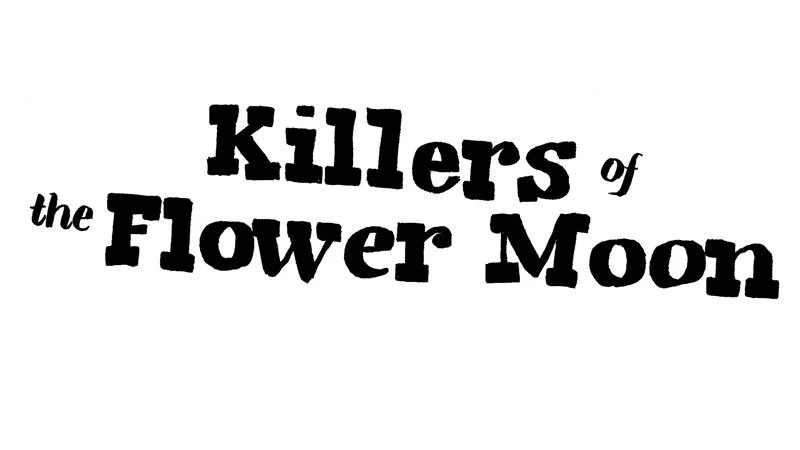
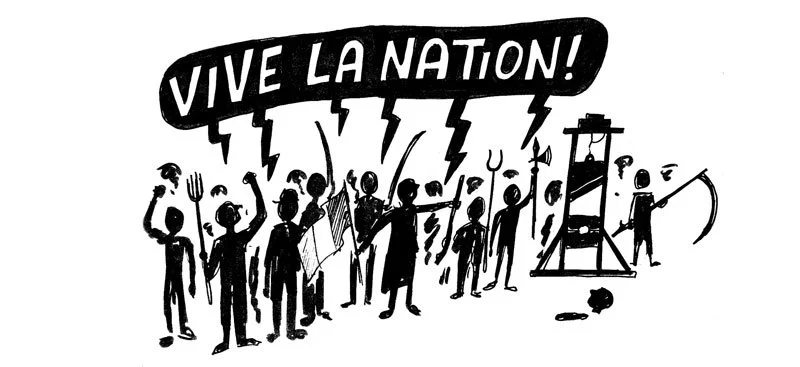



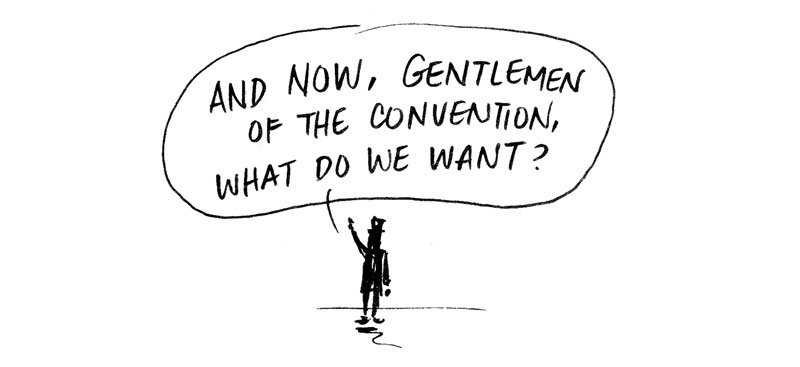


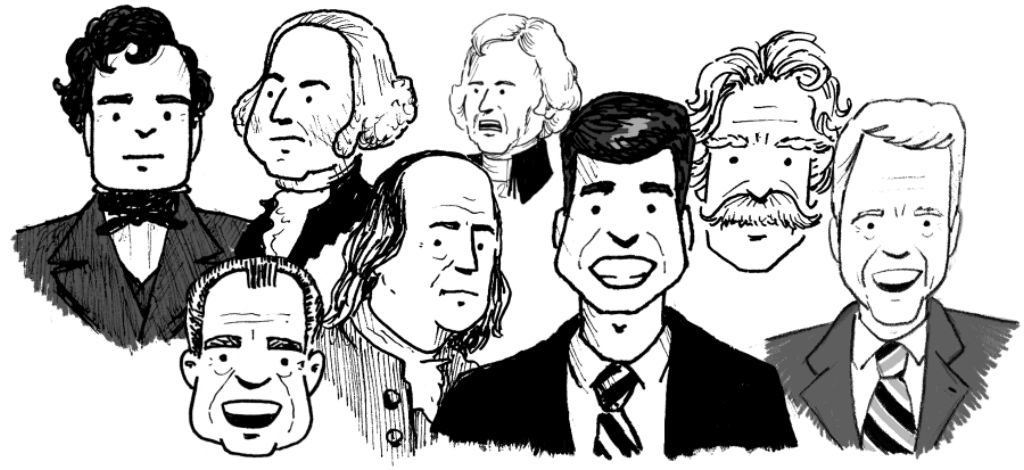
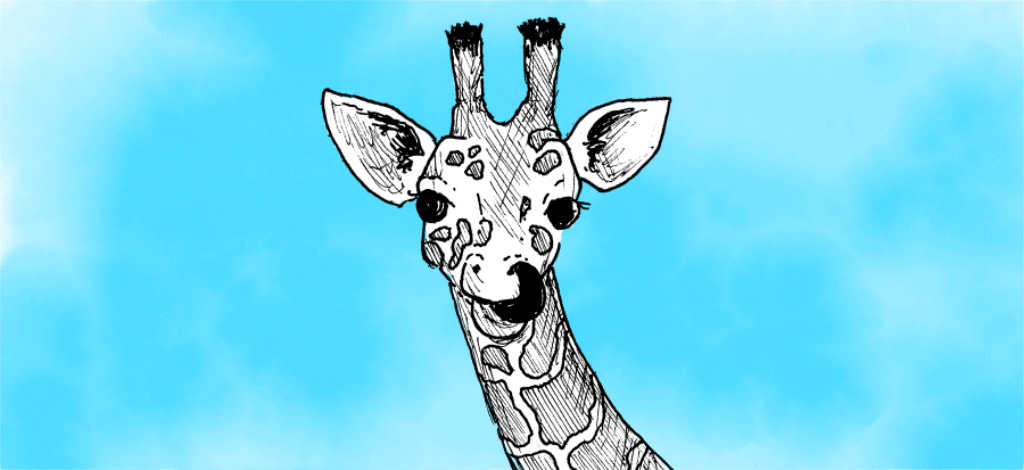
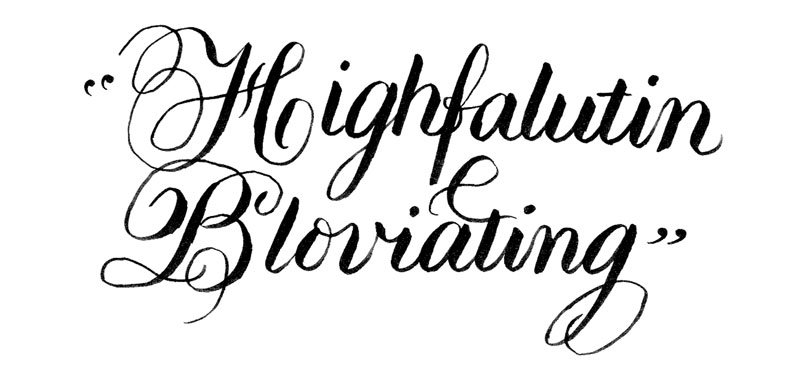
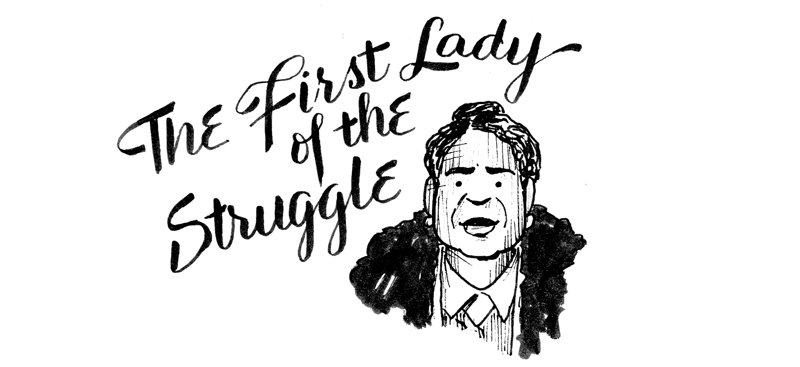
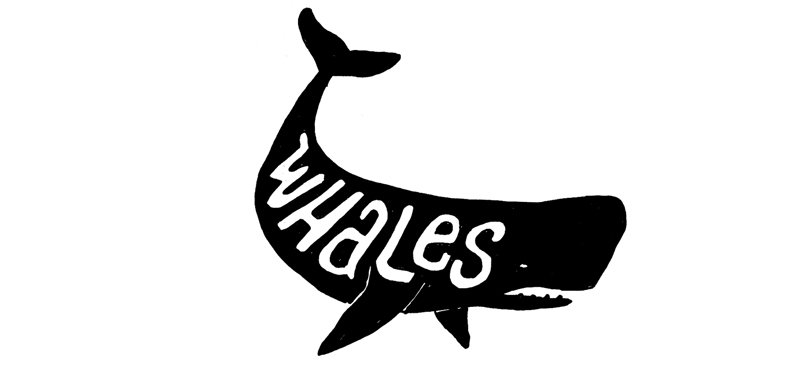
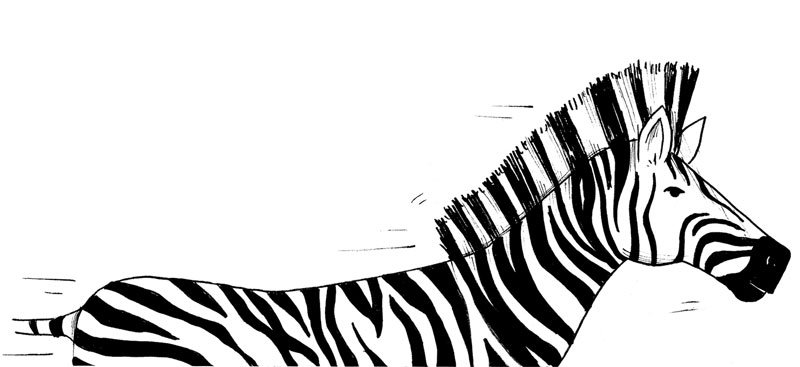
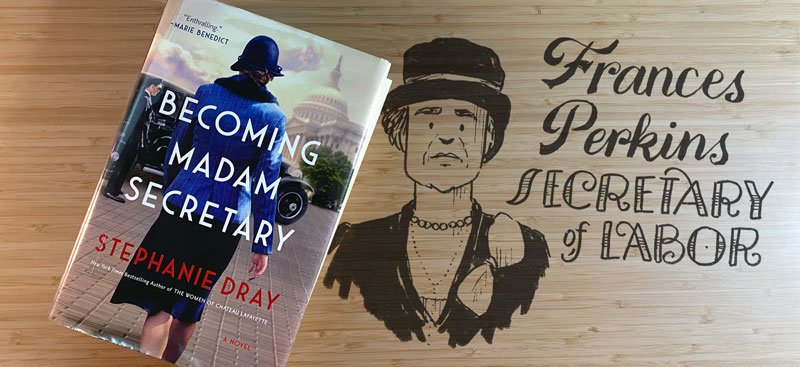
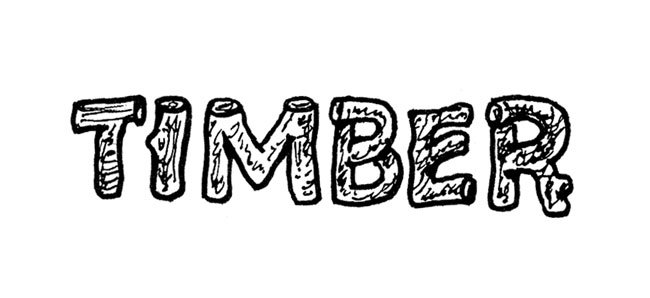
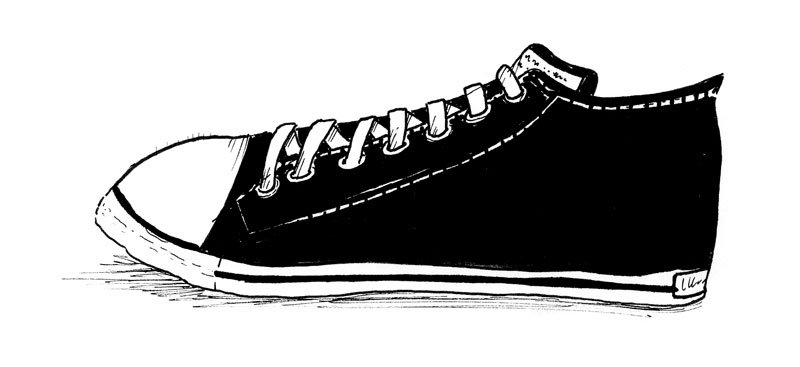
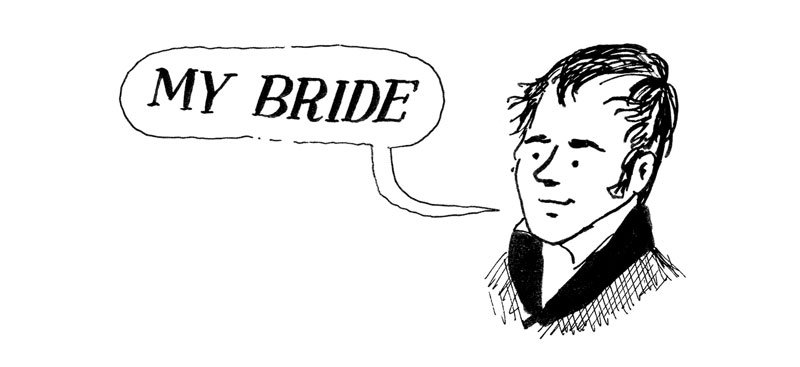
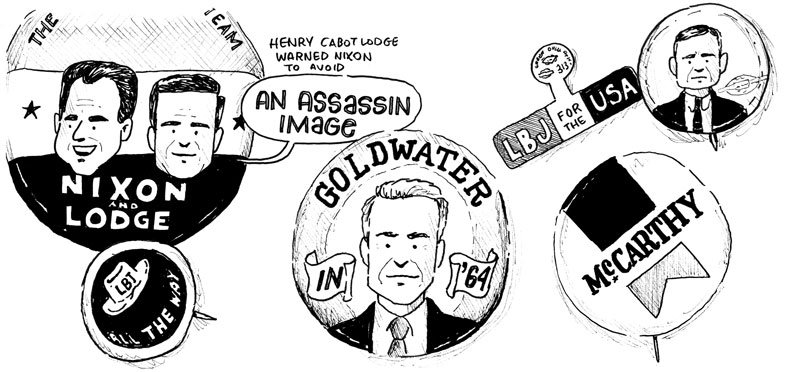
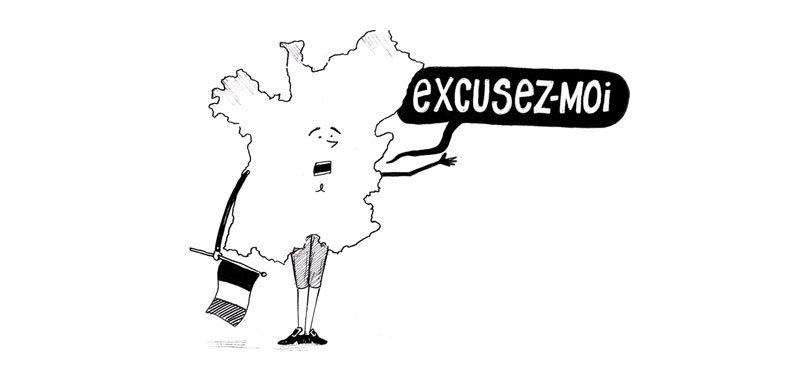
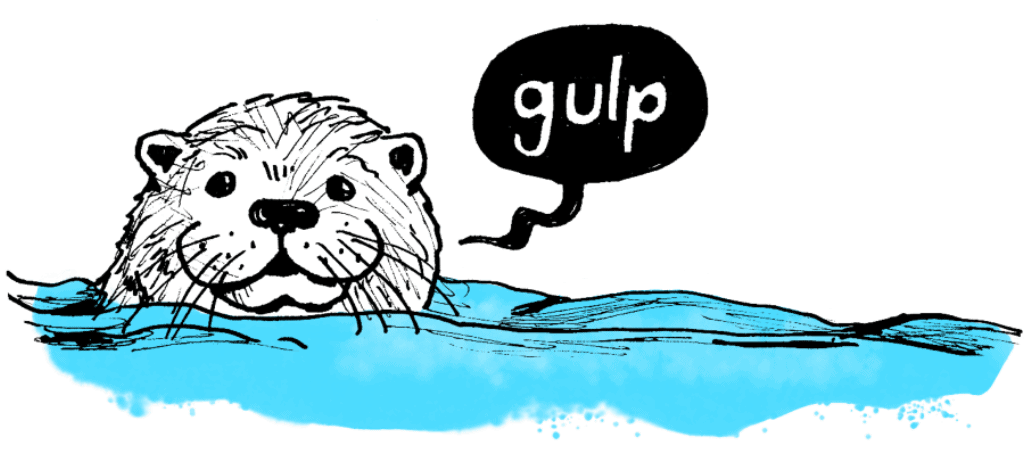
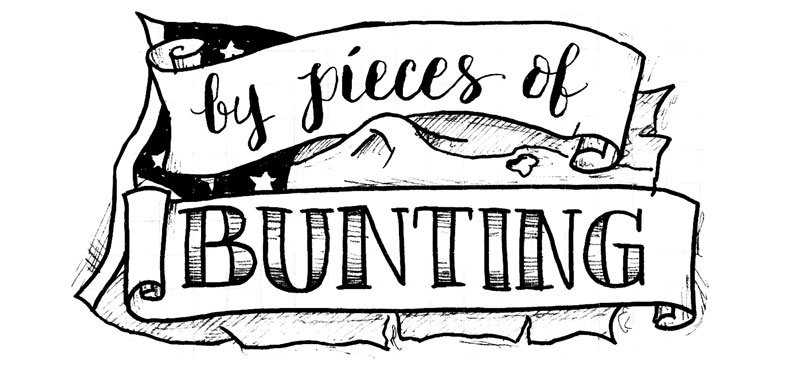
Kinda sorta there for three assassinations